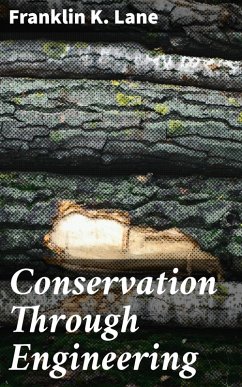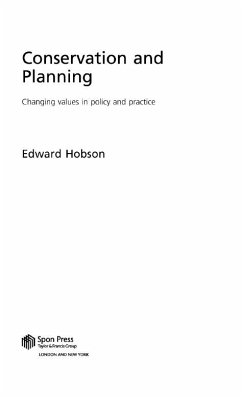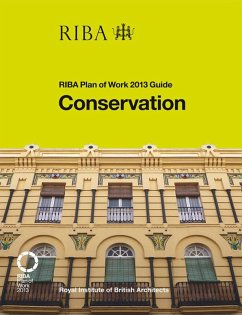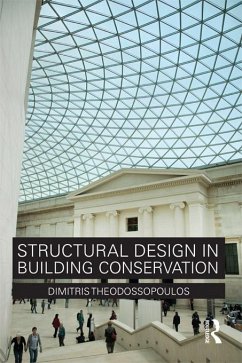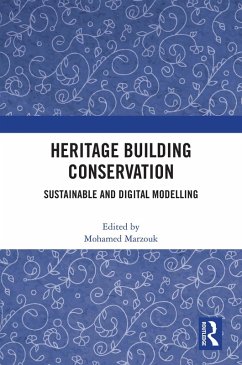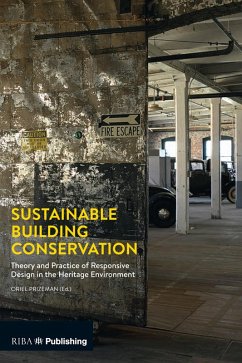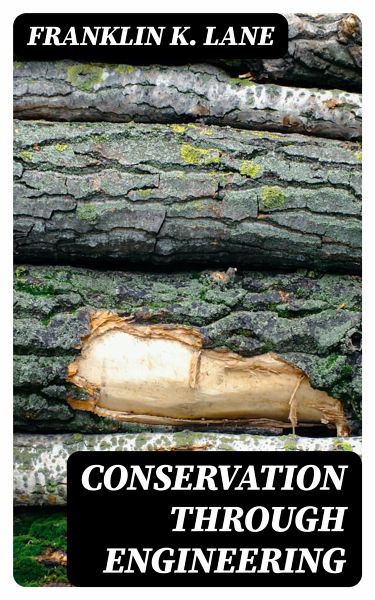
Conservation Through Engineering (eBook, ePUB)
Extract from the Annual Report of the Secretary of the Interior

PAYBACK Punkte
0 °P sammeln!
In "Conservation Through Engineering," Franklin K. Lane eloquently explores the intricate relationship between technological innovation and environmental stewardship. Lane employs a clear and engaging literary style, combining persuasive rhetoric with empirical evidence to argue for the integration of engineering practices into sustainable conservation efforts. The book emerges as a response to the early 20th-century industrialization, when environmental concerns began to clash with burgeoning technological advancements, placing Lane at the confluence of conservation ideology and engineering p...
In "Conservation Through Engineering," Franklin K. Lane eloquently explores the intricate relationship between technological innovation and environmental stewardship. Lane employs a clear and engaging literary style, combining persuasive rhetoric with empirical evidence to argue for the integration of engineering practices into sustainable conservation efforts. The book emerges as a response to the early 20th-century industrialization, when environmental concerns began to clash with burgeoning technological advancements, placing Lane at the confluence of conservation ideology and engineering pragmatism. Franklin K. Lane was an influential American politician and public servant, known for his passionate advocacy for natural resource management during a transformative period in American history. His dedication to both engineering and environmental conservation is deeply rooted in his experiences as a Secretary of the Interior, where he witnessed firsthand the consequences of resource exploitation. Lane's visionary outlook reflects a broader movement to align technological growth with ecological responsibility, making his writing not only timely but prescient. This book is an essential read for engineers, environmental scientists, and policy-makers alike, as it lays out a compelling framework for harmonizing human progress with the preservation of our planet's resources. "Conservation Through Engineering" invites readers to consider the profound impact of engineering solutions in fostering a sustainable future.
Dieser Download kann aus rechtlichen Gründen nur mit Rechnungsadresse in A, B, BG, CY, CZ, D, DK, EW, E, FIN, F, GR, H, IRL, I, LT, L, LR, M, NL, PL, P, R, S, SLO, SK ausgeliefert werden.




